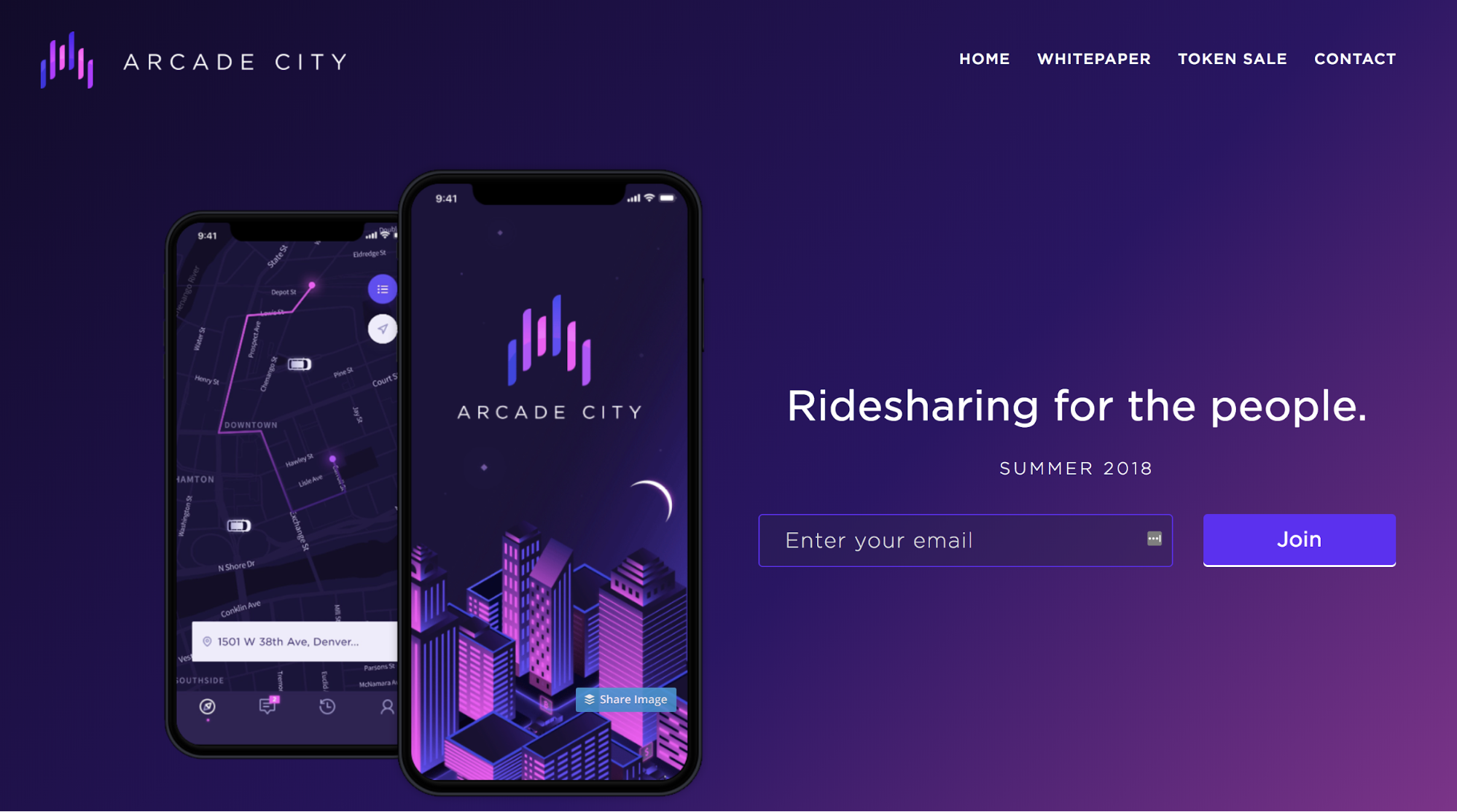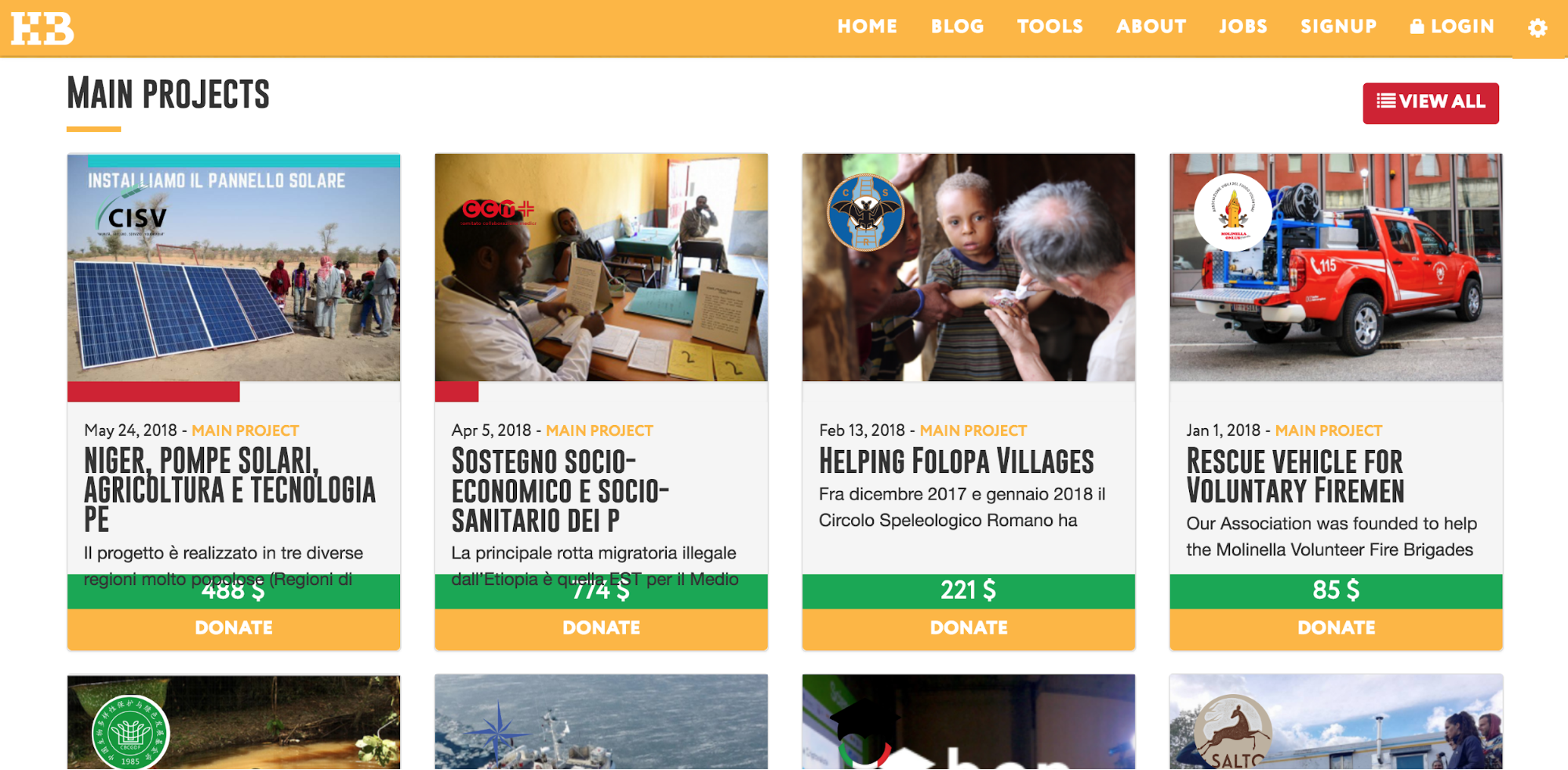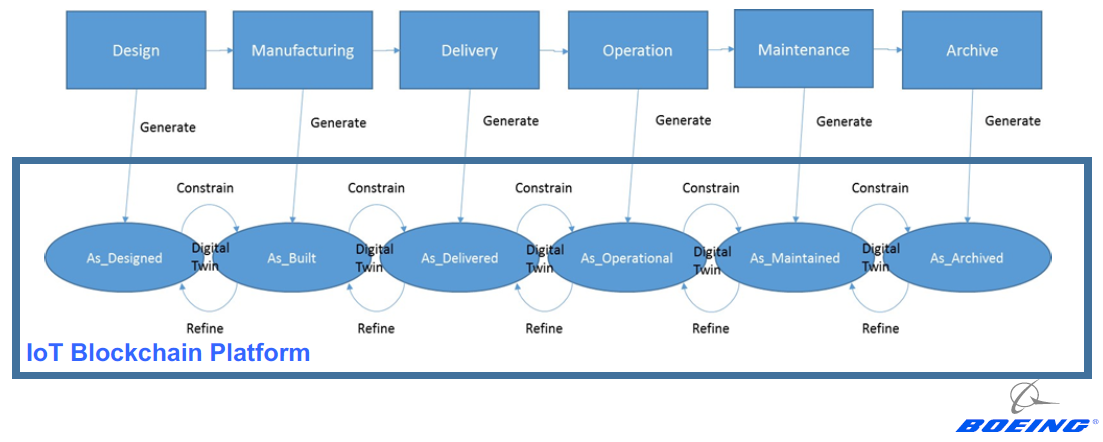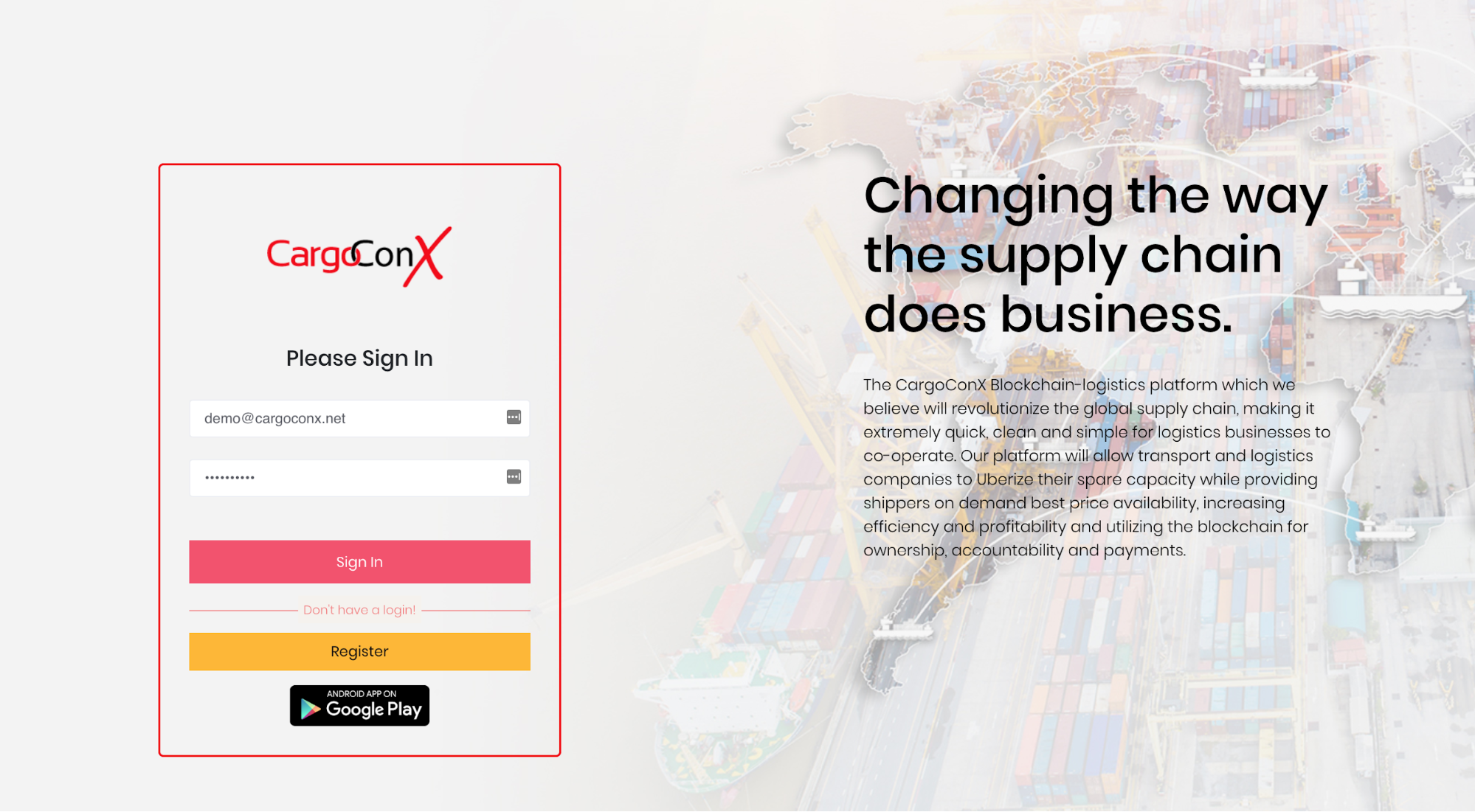Most of us are familiar with blockchain, the technology behind cryptocurrencies like Bitcoin and Ethereum. Apart from cryptocurrency, blockchain has numerous use cases in situations requiring an immutable ledger.
Rhetoric has elevated blockchain to godly status, labeling it as a cutting-edge technology that is poised to disrupt various aspects of life, from voting to smart guns, health data, stock trading, international shipping, and beyond.
Many innovative blockchain ideas have emerged, yet many are unproven or purely hypothetical. Therefore, the question arises, which projects are successfully implementing blockchain in practice?
In this article, we’ll strive to separate fact from fiction by showcasing 5 living projects that are actually using blockchain, with real-world results. We’ll assess the viability of these projects and see how proven use may influence the global climate and attitude toward blockchain adoption.
1. Arcade City
Peer-to-peer blockchain-based ridesharing
Arcade City is a new peer-to-peer rideshare startup aiming to disrupt the disruptor. It is challenging Uber and Lyft to eliminate the middleman and protect driver rights, based on the Ethereum blockchain.
Many drivers have had negative experiences using Uber, and Arcade City aims to alleviate those issues by giving them complete autonomy. Arcade City drivers set their own prices, accept their own form of payment, form guilds with other drivers, and can have open conversations with users within the app.
Available only in select cities worldwide, you can download the Arcade City app on the App Store.
2. Helperbit
Humanitarian fundraising vetted with blockchain
Helperbit is a fundraising site that emphasizes philanthropic global initiatives that increase well-being in foreign countries.
Current projects range from natural disaster relief, clean water for African communities, helping educate children in Papua New Guinea, to even a North Pole exploration.
Tying each donation to the blockchain helps increase economic transparency, aiming to bring fundraising power straight to the people through decentralization.
3. Boeing
IoT-driven blockchain unites assembly line operations
Boeing, the aviation engineering behemoth, is already integrating an IoT-driven blockchain into their engineering operations.
Using an IoT-centric blockchain, Boeing can hold complete provenance details of each component part, increasing transparency and optimizing engineering efforts.
4. Medicalchain
Digitize health records and share access on the blockchain
Medicalchain aims to use blockchain technology to securely store medical records, enabling immediate access to health records for doctors, hospitals, laboratories, pharmacists, and health insurers.
It is still in an early stage, taking on pilot patients and practitioners and building credibility on both fronts, yet it showcases the power of blockchain to disrupt an inefficient industry.
5. CargoConX
A blockchain for the logistics and transport industry
CargoConX’s main selling point is allowing shipping logistics companies to “Uberize” their spare capacity in containers. Smart contracts based on blockchain technology increase accountability amongst all partners.
Their CSS Connect API backbone drives six main modules to improve the shipping industry.
“Smart Contracts between network participants and can guarantee payment via an escrow facility to all parties involved in the shipping journey, this occurs through trigger points and milestones setup in the blockchain Smart Contract.”
In the midst of an ICO, CargoConX boasts 10 early adopters, significant for large B2B partnerships.
The Pseudo-Reality of Blockchain
Fortune says “blockchains will change the world,” and there is some truth to that. However, a lot is still untested. Don’t believe the hype. Sierra Leone actually did not hold the world’s first blockchain election. And regardless of how cool it sounds, we’re probably not a node in a universal blockchain created by aliens.
No doubt the blockchain buzz is turning heads and there is legitimate action. We’ve seen how multiple industries are implementing it to increase transparency, disrupt competitors, and streamline internal operations. Other credible use cases include smart legal contracts, solar power networks, distribution of government benefits, and digital payments.
Blockchain projects need time to receive funding, acquire users, and build out their platforms before they are evangelized. We’ll just have to wait and see which ones become a proven reality, and what stays as fiction.





